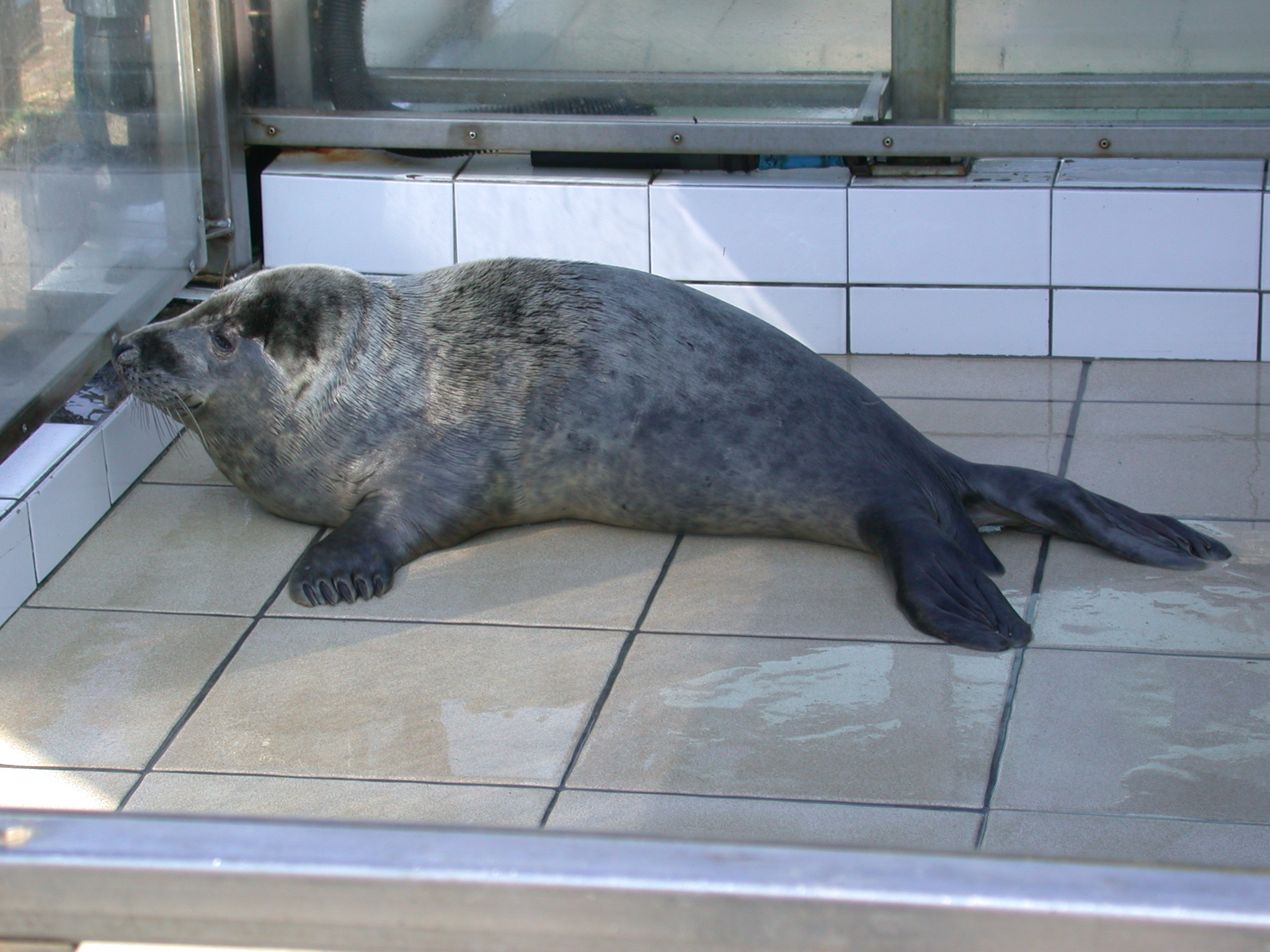bradford448562
bradford448562
The Influence of Local Weather Change On Global Ecosystems
Climate change represents one of the most important challenges going through our planet today. The gradual alteration of the Earth’s local weather system, primarily resulting from human actions such as burning fossil fuels, deforestation, and industrial processes, has profound implications for global ecosystems. This text explores the various ways climate change impacts ecosystems around the globe, the consequences of those adjustments, and potential solutions to mitigate its impacts.
Understanding Climate Change
Local weather change refers to long-term shifts in temperatures and weather patterns. Whereas local weather change is a pure phenomenon, the current section is largely pushed by human activities that release greenhouse gases (GHGs) into the ambiance. These gases, together with carbon dioxide (CO2), methane (CH4), and nitrous oxide (N2O), entice heat, resulting in a gradual improve in international temperatures, generally referred to as world warming.
Results on Biodiversity
One of the crucial immediate impacts of climate change is the menace it poses to biodiversity. As temperatures rise, many species are compelled to adapt to new situations, migrate to cooler areas, or face extinction. For example, polar bears in the Arctic are shedding their sea ice habitat resulting from melting glaciers, which impacts their potential to hunt seals, their major food source. Similarly, coral reefs, which are highly sensitive to temperature modifications, are experiencing widespread bleaching events, resulting in the decline of marine biodiversity.
Habitat Loss and Fragmentation
Climate change exacerbates habitat loss and fragmentation, which are already important threats to wildlife. As ecosystems shift on account of altering temperatures and precipitation patterns, many species discover their habitats altered or destroyed. Forests, wetlands, and grasslands are particularly weak. For instance, rising sea ranges threaten coastal ecosystems, while rising temperatures can result in the drying of wetlands. This habitat loss not solely affects particular person species however disrupts whole ecosystems, resulting in a decline in ecosystem providers resembling pollination, water purification, and carbon storage.
Altered Ecosystem Dynamics
Climate change can alter the dynamics of ecosystems, affecting species interactions and food webs. For example, modifications in temperature and precipitation patterns can influence the timing of plant flowering and animal breeding seasons. These shifts can result in mismatches within the timing of meals availability, with extreme penalties for species that depend on specific seasonal cues for survival. For instance, if insects emerge earlier because of warmer temperatures, birds that depend upon these insects for meals could not have enough to feed their younger, leading to declines in chook populations.
Oceanic Adjustments
The oceans will not be immune to the effects of climate change. Rising temperatures and increased CO2 ranges result in ocean acidification, which poses a big menace to marine life, particularly calcifying organisms like corals, mollusks, and a few plankton species. Acidification can weaken coral skeletons, making them extra vulnerable to illness and lowering their skill to offer habitat for other marine species. Additionally, warmer ocean temperatures can result in the migration of fish and other marine species to cooler waters, disrupting native fishing industries and economies.
Affect on Agriculture
Agriculture is closely reliant on stable climate situations. Local weather change poses a twin menace to food security by changing precipitation patterns and increased frequency of excessive weather events equivalent to droughts and floods. Crop yields could be significantly affected, particularly for staple crops like wheat, rice, and maize. In regions the place agriculture is already marginal, these modifications can result in food shortages and elevated costs, exacerbating poverty and hunger.

Socioeconomic Implications
The impacts of local weather change on ecosystems have far-reaching socioeconomic implications. Communities that depend on natural sources for their livelihoods are significantly weak. For example, indigenous peoples who rely on forests for food, shelter, and cultural practices face existential threats as their environments change. Equally, coastal communities that rely on fishing and tourism might experience economic decline due to the degradation of marine ecosystems.
Mitigation and Adaptation Methods
Addressing the impacts of climate change on ecosystems requires a multifaceted approach that features each mitigation and adaptation strategies. Mitigation involves decreasing GHG emissions to limit further local weather change. This can be achieved by transitioning to renewable power sources, enhancing energy efficiency, and promoting sustainable land-use practices.
Adaptation strategies give attention to helping ecosystems and communities cope with the adjustments which are already occurring. This will likely embody restoring degraded habitats, creating wildlife corridors to facilitate species migration, and implementing sustainable agricultural practices that enhance resilience to local weather impacts.

Conservation Efforts
Conservation initiatives play a crucial position in defending ecosystems from the impacts of local weather change. Establishing protected areas, restoring habitats, and implementing conservation management practices might help safeguard biodiversity. Moreover, partaking local communities in conservation efforts ensures that the wants and knowledge of these most affected by local weather change are taken into consideration.
The Function of Schooling and Awareness
Raising awareness concerning the impacts of climate change on ecosystems is important for fostering a tradition of sustainability. If you treasured this article and you simply would like to collect more info concerning erectile dysfunction treatment pills kindly visit our own web site. Training can empower people and communities to take action, whether or not via lowering their carbon footprint, supporting conservation efforts, or advocating for insurance policies that address climate change. Colleges, community organizations, and governments all play a essential function in promoting environmental education and awareness.
Conclusion
The consequences of climate change on international ecosystems are profound and far-reaching. As temperatures continue to rise, the challenges facing biodiversity, habitats, and human livelihoods will solely increase. It’s crucial that we take collective motion to mitigate local weather change, adapt to its impacts, and conserve our planet’s precious ecosystems. By working collectively, we will create a extra sustainable future for both nature and humanity.
